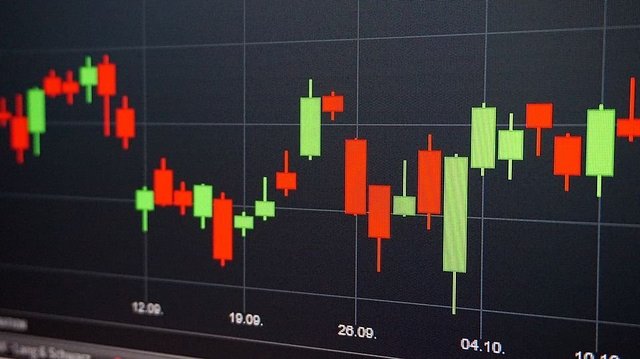Trading: Definition and basic concepts

There are different ways of operating in the stock markets to try to achieve the praiseworthy desire to obtain investment success translated into high returns and good cash benefits for our pockets.
One of the best-known and most widely used methods of stock market investment is the so-called "trading", which with its peculiar operation makes it possible to generate many small profits repeatedly, but also in turn can cause losses due to various failures in its strategic use or of planning. Let's see below for all our many readers and followers of Bolsa Tips what trading consists of.
WHAT IS TRADING? 
Trading in the stock markets is to negotiate or speculate with the purchase-sale of shares or other financial products in order to generate returns in a very short period of time. Unlike what would be "normal investing", trading uses terms of days and even hours or minutes in its attempt to take advantage of very small differences in the prices of listed securities, in order to obtain an immediate return in exchange for assuming high risks financial resources for the investor. You can use the investment via trading in various financial assets such as currency (forex), stocks, futures, commodities ... etc.
BASIC CONCEPTS TO OPERATE VIA TRADING
To operate via trading is only necessary to open a securities account in a legally authorized broker as they can be a regular bank or any other financial institution of the many that provide this type of service and where we will deposit our money for investment. Subsequently, through a computer we will proceed to operate in trading by sending the appropriate purchase and sale orders to the market with broker intermediation.
In order to successfully survive in the market and to increase the value of our portfolio by trading, certain precepts or basic factors must be complied with in a disciplined manner, to be taken into account by small and medium-sized new investors. Let's see some of these essential tips:
Plan an adequate strategy: It is important to have strategically defined and planned points of entry and exit from the market and their methodologies may vary according to their different operating modes.
Intraday trading (day trading): Opening and closing positions in the same trading session but trying to perform few operations.
Scalping: Very short-term and repeated operations where investors open and close their many operations in a matter of minutes, thereby obtaining small cumulative benefits.
Swing trading: Operations for several days and even weeks, where you try to capture bullish or bearish trends to have more chances of success.
Control of risk: It is a priority to keep "alive the account" through a good management of the risk assumed, as well as to be able to obtain positive results in a repeated way which leads us to recommend not losing more than 2% or 3% in each operation through trading .

The psychological factor: It is as important as the previous ones and is essentially based on having a clear emotional control in the face of complex market situations, with high volatilities or unexpected situations of sudden changes in trends. It is as bad to trade the fear factor or the mental block as investing greed for lack of training.
Operating in the markets through trading will never be easy and no one or no good strategy can guarantee us the desired investment success. In such a voracious financial world it is important to take advantage of the logical fluctuations of prices, but this will also involve taking on high risks, which for less experienced investors will require learning and assimilate first that is: "Trading: Definition and basic concepts"